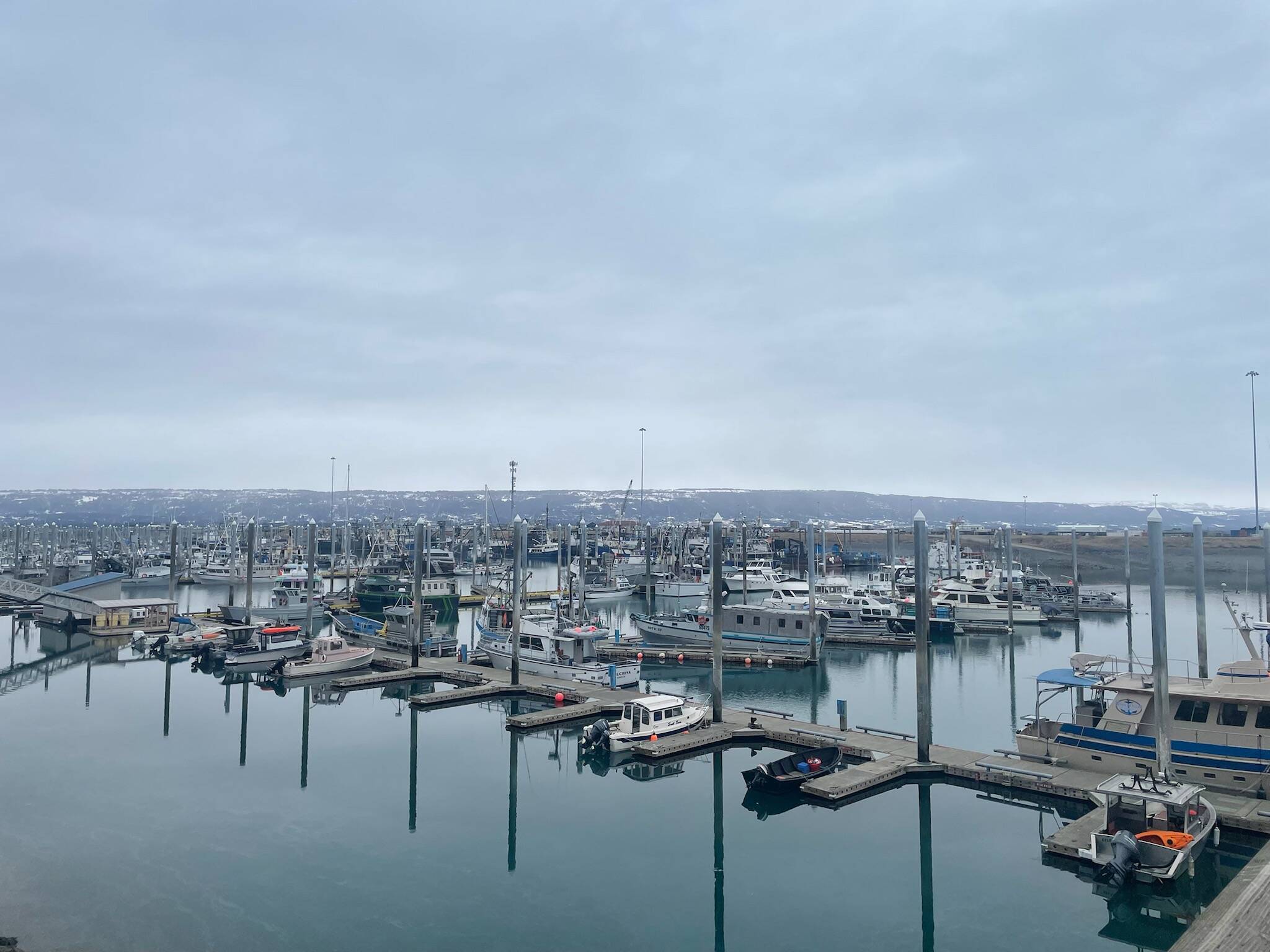Homer’s Port and Harbor released a notice by email to local seine boat owners that revisions have been made to the Port of Homer Tariff No. 1 and that the moorage waiver for work skiffs for seine boats has been removed.
“As of February 13, 2024 work skiffs will now be treated as an independent vessel if the work skiff is not being carried on the deck or superstructure of the mother ship,” the memo reads. “All work skiffs moored in the harbor will pay transient moorage fees. This change applies for all work skiffs, regardless of the mother ship’s transient or reserved status.”
The current moorage rates are posted on the City of Homer website https://www.cityofhomer-ak.gov/port/moorage-rates.
The former regulations worded under Rule 28 for the small boat harbor read “all vessels in the Small Boat Harbor are subject to moorage rates, except properly registered seine skiffs or work skiffs attached to the mother vessel. Work skiff is defined as a boat that is usually carried on the deck of the mother vessel and is regularly used in the commercial enterprise of the mother vessel … the combined length overall or beam may not exceed the allowed criteria for the size of the stall.”
Port and Harbor Commissioner Bruce Friend said that over the past few months the commission has been discussing the topic of removing the moorage clause but it’s something the harbor staff have been considering longer and have provided material for the commissioners to review.
Friend said the change is aimed to organize harbor crowding with the start of the commercial salmon season and increases in vessel sizes.
“The late spring when seine skiffs are abundant, when people are getting ready to go fishing all over the state, everybody that has commercial boats will typically hit the harbor at one of our peak times when all other activity is also growing,” Friend said.
This occurs in the beginning of May when fishermen take their larger boats out of winter boatyard storage and house them in harbor stalls that are unoccupied for most of the winter, Friend said.
Prior to the updated moorage requirement, the fleet would place their skiffs wherever there was space available while they finished vessel preparations for the summer. Other preparations include loading nets and other gear and waiting for crew to arrive, which typically take several weeks.
On the late side of the summer, the harbor experiences similar congestion when the seiners need to be scheduled for removal from the water or re-rigged for a different fishery.
“I have to say, I’m on the harbormaster’s side here. We have a bunch of 20-foot-plus, increasingly larger seine skiffs, that are tagging along and taking up harbor space that the Port and Harbor could be selling for transient parking and we weren’t previously charging a thing for it. As a commission, we’re trying to dedicate efforts to increasing the Port and Harbor revenue so that we can get caught up on a lot of the maintenance that needs to be done.”
Friend said that 2024 is expected to be a poor economic year for the salmon market.
“It is a little rough to spring this on the guys who are going to go out there and make little or no money or even lose money. This is a terrible year. But, we have no control over that,” Friend said.
“I don’t think there is a lot of compassion for reversal to the new regulation at this point. This isn’t something that the fleet shouldn’t have known about; they just weren’t paying attention to the activities going on at the harbor and now they’re upset and this is a big issue.”
Friend noted that the harbor load and launch ramp fees have also increased recently but the commission has not yet heard complaints about that feature of the updated harbor costs.
For people who are displeased with this, “I can only say, come sit on the commission and try to figure out how we’re going to keep pace with the amount of work and repair that our harbor needs,” Friend said.
“That is what we need to be looking at. If you rely on the harbor for your own work, you need to support the harbor, too. With or without the harbor expansion, we have a lot of catch up to do and that is getting more costly all the time.”
Friend is a marketer of Whaly boats and owner and president of Skyline Sales DBA Whaly Boats Alaska. Friend has lived in Alaska for more than 50 years and has worked a career in commercial fisheries gear and marine sales the majority of that time.
Port Director Bryan Hawkins said in a phone conversation that the updated regulation is a feature that has been under consideration since August of 2023 and the previous moorage code had been in place for several decades. During that period of time the size standard for both the seine mothership and skiff have increased substantially so regulations were due for an upgrade.



